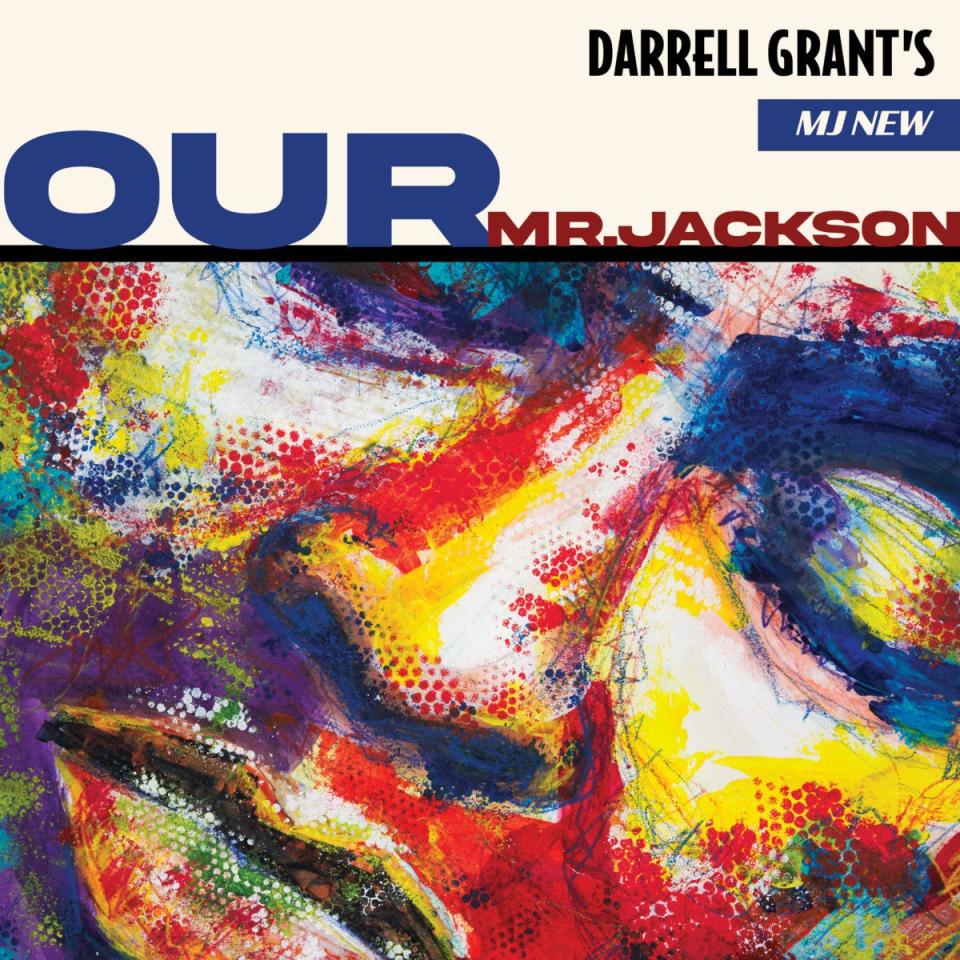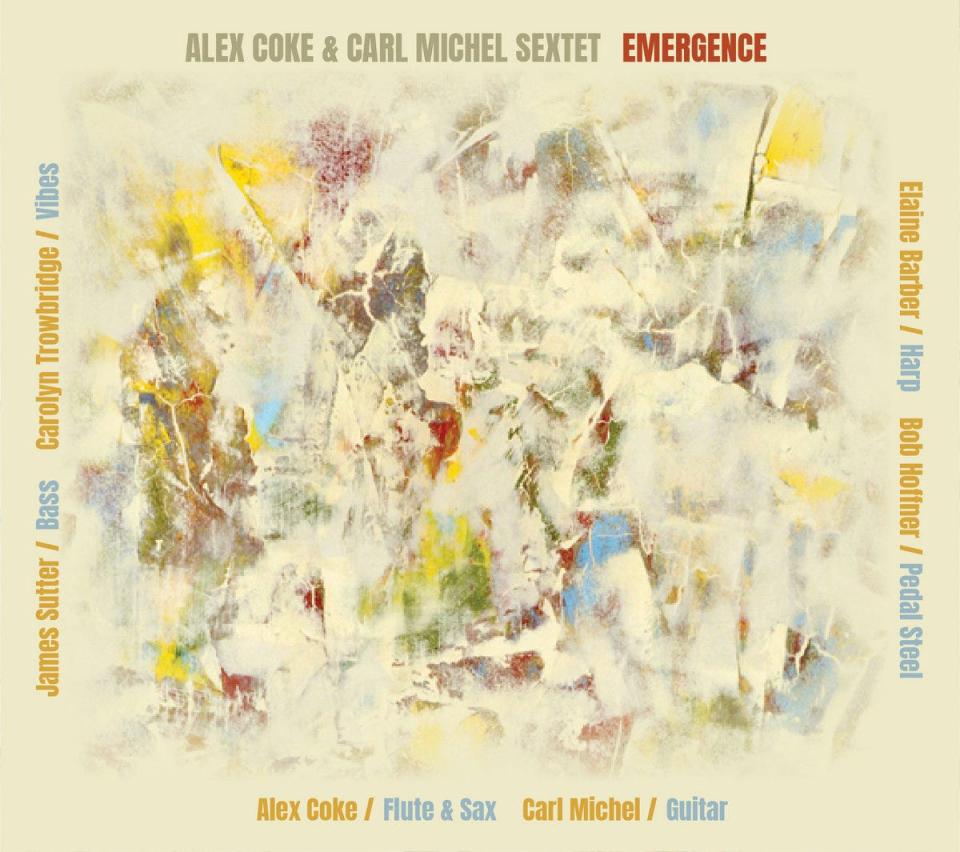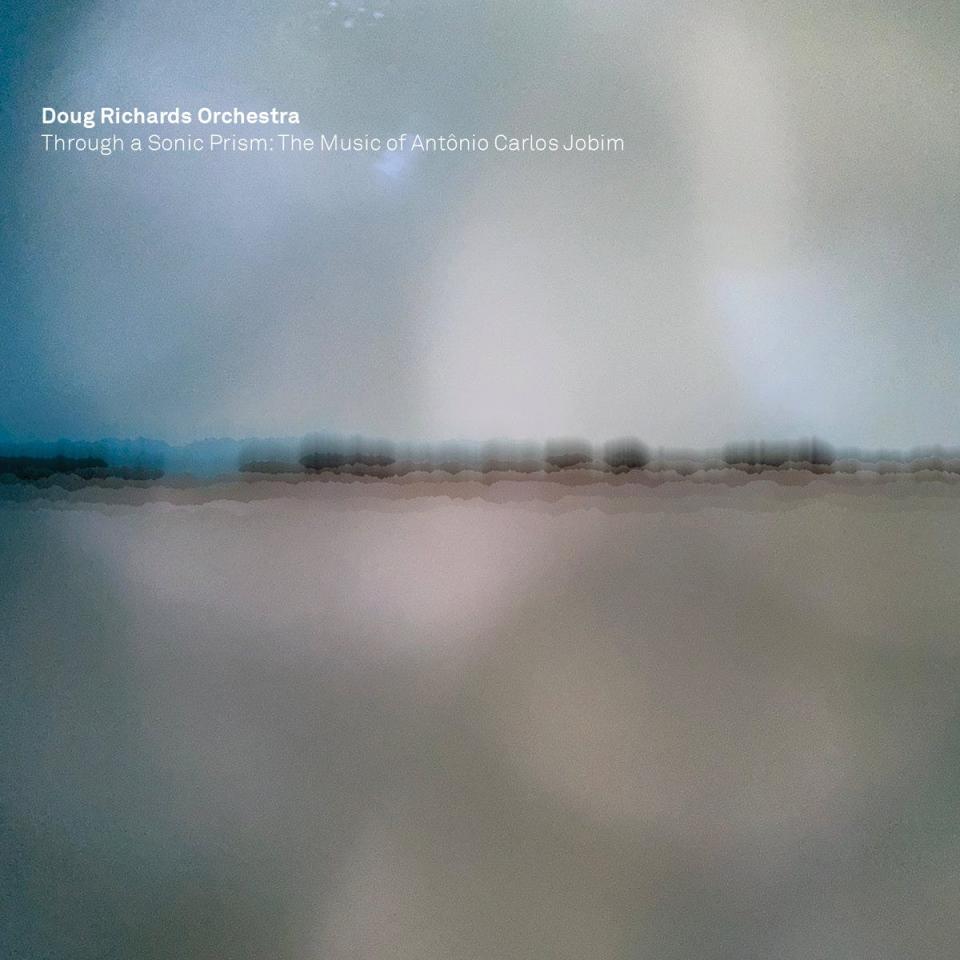Notes and tones: From Oregon to Virginia, jazz is everywhere
- Oops!Something went wrong.Please try again later.
We’ll call this one “jazz Is everywhere,” because, well, as this selection of recent releases demonstrates, the modern DIY motif seems to own as strong a presence as ever.
Darrell Grant (Portland, Oregon): 'Our Mr. Jackson'

If you’re unaware of pianist Darrell Grant, do yourself a favor and become so.
Grant, a fixture as a player-educator in Portland for more than 25 years, arrived in Oregon having been born in Pittsburgh, securing degrees in Rochester, N.Y. and Miami, then hitting the New York City jazz epicenter before gravitating to the Pacific Northwest. He possesses a wealth of technical capability, expending most of his notes in a modal — with a modernist approach — fashion; he’s what I think of as a “delicious” pianist and composer.
His latest, subtitled “MJ New,” pays homage to vibraphonist Milt Jackson, the iconic Modern Jazz Quartet co-founder. Recorded in 2018, but just now released, Grant is joined by bassist Marcus Shelby, vibraphonist Mike Horsfall and the now-late drummer Carlton Jackson (no relation), who passed away after the project was in the can.
Grant and Co. run through some oft-recorded “chestnuts,” including Milt Jackson’s “Bag’s Groove,” probably his most well-known composition. Like all solid musicians, the quartet both remains faithful to the music’s creator but also puts their own spin on the 12 selections here. The group interprets MJQ pianist John Lewis’ “Versailles,” Mary Lou Williams’ “Cancer,” a piece of her extended “Zodiac Suite,” and Duke Ellington’s “Drop Me Off In Harlem,” among other classics.
However, the titles also include an intriguing reading of Terence Blanchard’s blues-infused “Wading Through” as well as Grant’s own swingin’ and angular “A Viennese Affaire,” and his pensive/introspective “Crossing The Bridge: Vanport.”
Alex Coke and Carl Michel Sextet (Austin, Texas): 'Emergence'

Having recently spent a long weekend in Austin, the municipality that’s heavily promoted as “The Live Music Capital of the World” — or, as I prefer to call it, “The Live Music Capital of the World (Except For Jazz) — I really couldn’t resist checking out “Emergence,” from the Alex Coke- (saxophones, flute) and Carl Michel (guitar)-led sextet. There’s much to enjoy and take in here.
These mostly original pieces incorporate a multitude of instruments throughout, some in less-common combinations, such as a harp interwoven with a pedal steel guitar and vibraphone as well as the lack of any drums and/or percussion.
“Emergence” is not necessarily a “jazz” recording. Yes, it opens with John Coltrane’s “After The Rain,” one of the saxophonist’s harmonious tomes; also present is a reading of Paul Motian’s thoughtful “Garden of Eden.” However, my ears tell me “Emergence” traverses musical landscapes and genres that incorporate improvisational, ethereal, open-ended passages such as those housed in “Rolling ... The Wind Picks Up and the Boats Cast Off for Troy.”
Along the way, selections broach a certain folksiness. While the six participants are all Austin-based, concert harpist Elaine Barber certainly frequents the Euro-classical/symphony world. For his part, pedal steel player Bob Hoffnar’s various associations — from the likes of avant-garde musicians such as John Zorn and Butch Morris to vocalist Norah Jones — is aptly described in press materials as “eclectic.” This is the type of effort where listeners need to simply let the music, regardless of the “school” from which it comes, wash over them.
Doug Richards Orchestra (Richmond, Virginia): 'Through a Sonic Prism: The Music of Antonio Carlos Jobim'

The namesake leader here serves as conductor; as the press materials say, “he does play an instrument ... the ‘Jazz Orchestra.’”
An esteemed educator, some 40 years ago Richards founded the jazz studies program at Virginia Commonwealth University. The 14 tracks here, which run 70-plus minutes, feature 20 different musicians as Richards leads them through a number of Jobim titles. Laura Ann Singh vocalizes — in Portuguese — on a third or more of the selections.
What stands out here is not so much the individual solos, which are varied and plentiful, but the arrangements’ overall intricacy and complexity and the thoughtfulness that obviously went into laying out these charts. The arrangements come across as sonically-layered, likely giving a false impression to the uninformed or novice that perhaps the left hand doesn’t know what the right hand is doing. Or, on the final cut, “Retrato em Branco e Preto” (“Portrait in Black and White”), that perhaps guitarist Adam Larrabee isn’t listening to flugelhornists Taylor Barnett and John D’earth, who aren’t listing to vocalist Singh who, to the uninitiated, may sound as if she’s singing off key — which, of course, she’s not.
Not surprisingly, between the composer, the arrangements and the large ensemble itself, there’s a lot to digest throughout “Through A Sonic Prism.” OK by me.
Jon W. Poses is executive director of the “We Always Swing” Jazz Series. Reach him at jazznbsbl@socket.net.
This article originally appeared on Columbia Daily Tribune: Notes and tones: From Oregon to Virginia, jazz is everywhere

